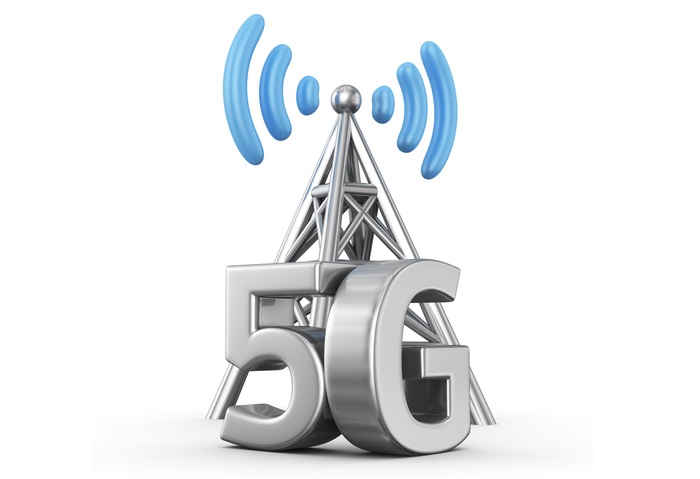

Qualcomm has announced what it calls the first commercial 5G modem chipset – in spite of the fact that 5G, the successor to the current fast wireless data networks, currently remains mostly the subject of laboratory research.
The company said its Snapdragon X50 is designed to support testing and trials of both mobile devices and fixed wireless modems and will initially support millimetre wave (mmWave) spectrum in the 28GHz band.
“This shows that we’re not just talking about 5G, we’re truly committed to it,” said Qualcomm executive vice president Cristiano Amon in a statement.
mmWave is one of the bands planned to work with the proposed 5G New Radio (NR) standard being backed by the likes of Qualcomm and Ericsson, which introduced what it called the first 5G NR radio in August.
The chipset uses Multiple-Input Multiple-Output (MIMO) antenna technology, which uses beamforming techniques to improve connectivity in non-line-of-sight environments.
It supports 800Mhz channels offering downlink speeds of up to 5Gbps – suggesting the technology might be suitable for deploying ultra-fast broadband in areas not reached by fibre-optic networks, Qualcomm said.
The chipset is designed to be used in devices that support both 5G and 4G, which is seen as essential for providing backup coverage during the early deployment of next-generation networks, and as such it is intended to be paired with a Snapdragon processor with an integrated Gigabit LTE modem.
Qualcomm said the chipset is aimed at helping networks carry out field trials and manufacturers optimise their devices for mmWave.
The company plans to begin sampling the chipset in the second half of next year, with commercial products using it expected to be available in the first half of 2018.
Vodafone and Huawei said in July they achieved transmission rates of 20Gbps in a 5G network test using the 70GHz band.
In June the 3rd Generation Partnership Project (3GPP) telecommunications group said it expects the first 5G standards to be finalised by 2018, paving the way for commercial networks to launch in 2020, while Nokia said demonstrated a “5G-ready” network it said used commercially available platforms and infrastructure.
Do you know all about 4G and the mobile future? Take our quiz.
All Cybertrucks manufactured between November 2023 and February 2025 recalled over trim that can fall…
As Musk guts US federal agencies, SEC issues summons over Elon's failure to disclose ownership…
Moonshot project Taara spun out of Google, uses lasers and not satellites to provide internet…
Pebble creator launches two new PebbleOS-based smartwatches with 30-day battery life, e-ink screens after OS…
Amazon loses appeal in Luxembourg's administrative court over 746m euro GDPR fine related to use…
Nvidia, xAI to participate in project backed by BlackRock, Microsoft to invest $100bn in AI…